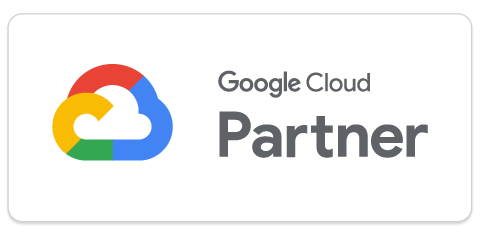


Discover how Microsoft’s integration of ChatGPT into Azure OpenAI is ushering in a New Era of AI-Powered Business Solutions.
Microsoft has recently integrated ChatGPT into its Azure OpenAI service, providing developers and businesses with the ability to incorporate conversational AI into various applications and services. The integration facilitates the creation of custom chatbots for handling customer queries, automating emails, summarizing conversations, and more, streamlining business processes across multiple sectors.
Azure OpenAI users can now access a preview of ChatGPT, with a pricing structure of $0.002 for every 1,000 tokens. ChatGPT usage billing began on March 13th under the Azure OpenAI brand. Developers, however, need to apply for special access, as registration for the Azure OpenAI Service is presently restricted to Microsoft-managed customers and partners.
Microsoft’s cloud service hosts several other AI models from OpenAI, including GPT-3.5, Codex, and DALL-E. Combining tools like ChatGPT and DALL-E with Azure’s data handling, management, and scaling capabilities has enabled Microsoft to power applications such as GitHub Copilot, Power BI, Microsoft Teams Premium, Viva Sales, and the new Bing chatbot.
One potential use case is within customer support, where businesses can deploy AI-powered chatbots to manage customer inquiries effectively and efficiently. These chatbots can provide real-time assistance, reducing response time and easing the burden on human support staff. This level of automation can lead to substantial cost savings while maintaining a high level of customer satisfaction.
Another potential application of ChatGPT is in content generation and summarization. Businesses can harness the power of ChatGPT to generate engaging and informative content for their websites, blogs, or social media channels, allowing them to maintain a robust online presence with minimal effort. Additionally, ChatGPT’s summarization capabilities can be utilized to distill lengthy reports or documents into concise, digestible summaries, saving employees valuable time and effort.
Furthermore, ChatGPT can be employed to automate email correspondence, enabling businesses to manage communication with clients, partners, or team members more efficiently. With the ability to draft emails based on user input, the AI can help streamline routine tasks such as scheduling meetings or sending reminders, freeing up time for employees to focus on more critical aspects of their work.
Microsoft has gained a competitive edge in the AI race thanks to its early investment of $1 billion in OpenAI in 2019, which led to an exclusive license for the technology behind GPT-3 in 2020. Since then, Microsoft has nurtured a strong partnership with OpenAI, further solidifying its relationship through a multibillion-dollar investment that designates Microsoft as OpenAI’s exclusive cloud provider.
Microsoft’s capacity to meet the escalating demand for AI features will be tested as it continues to commercialize OpenAI’s models. The company has already incorporated a next-generation version of the technology that powers ChatGPT into its Bing search engine and Edge browser, showcasing its commitment to AI development.
Microsoft recently held a special event detailing the next stage of its AI strategy, focusing on “the future of work with AI.” During the event, the company demonstrated how ChatGPT-like AI will operate within Office applications. Hosted by Microsoft CEO Satya Nadella and Microsoft 365 head Jared Spataro on March 16th, the event highlighted Microsoft’s ongoing dedication to solidifying its position as a leader in AI technology and its applications for businesses and developers.

